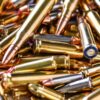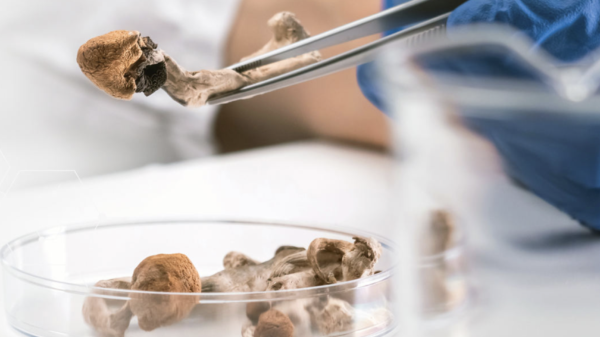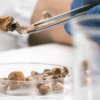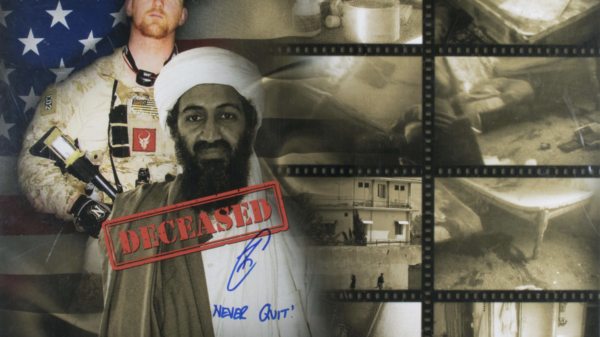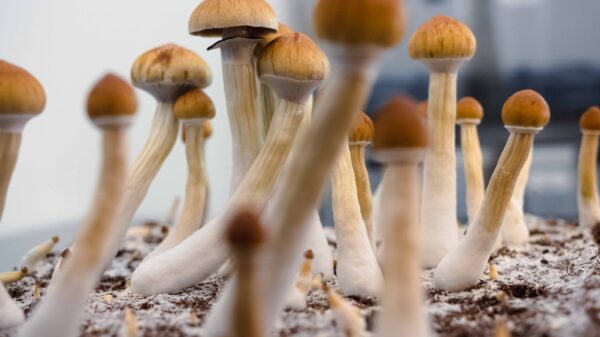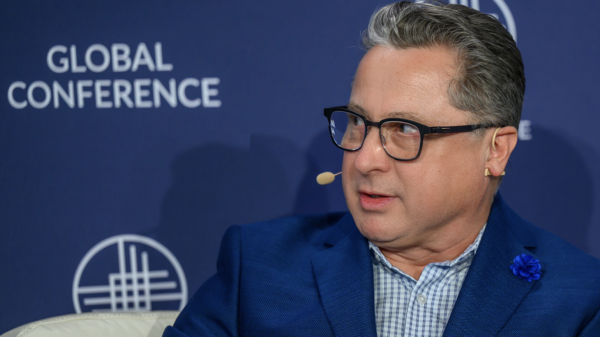Most athletes and trainers support the use of magic mushroom therapy for the treatment of concussions, according to new research.
A study published in the journal Therapeutic Advances in Psychopharmacology this month titled “Exploring psychedelic use in athletes and their attitudes toward psilocybin-assisted therapy in concussion recovery” made this conclusion.
Most significantly, the researchers found that over 61 per cent of athletes were open to trying the alternative treatment method. Furthermore, more than 71 per cent of sports staff thought that using psilocybin for recovering from knocks to the head was a good idea.
Two of the three study authors are from the Department of Psychology at British Columbia’s University of Victoria. The other is a from the Center for Psychedelic and Consciousness Research at Johns Hopkins University School of Medicine in Baltimore.
For the investigation, they surveyed 175 adults. These included 90 coaches, trainers and athletic therapists as well as 85 athletes within Canada and the United States.
“Current research with psilocybin suggests that examining its use in athletes post-concussion for the management of mood and cognitive symptoms is a worthwhile endeavour,” the authors said in the study. They say that this is the first survey to examine athletes willingness to try psilocybin therapy and to assess whether their coaches supported the treatment.
Meanwhile, others say that athletes who have experienced brain trauma should be more than just willing to try psychoactive fungi, they should get on it. A former NHL hockey player just posted about how the psychedelic had helped him with concussion recovery when other treatment methods proved to be of no use.
If you are a concussion survivor being told to live a new normal by medical professionals, and you get the sense that hope is lost, don’t give up
I, along with hundreds of others, have used natural medicines and routines to recover our brain health and quality of life
When I… pic.twitter.com/gw5JnuOfVd
— Daniel Carcillo (@CarBombBoom13) August 21, 2024
Read more: ‘Moms on Mushrooms’ group advocates for micro-dosing, ditching SSRIs
Read more: Google co-founder invests millions in ibogaine research startup Soneira
Several athletes are advocates
Carcillo isn’t the only hockey player to preach about the life-changing impact of psilocybin treatment.
Former Philadelphia Flyers player, Riley Cote, has been an advocate for mushroom therapy in recent years. He was known for having his fair share of scraps on the ice, which contributed to his brain health issues.
“I fought everyone and their brother in my career,” Cote said. He had at least three concussions during his time in the sport. Upon retiring in 2010, he learned about the emerging research on psilocybin treatment.
Cote now believes it’s his duty to share his knowledge about how beneficial it is. “I think these are spiritual medicines, and I just feel like it’s the right path for me,” he explained.
Boxers Mike Tyson and Mike Lee are also well-known for their passionate advocacy for psilocybin mushrooms.
Tyson trains while under their influence on a regular basis. The heavyweight monstrosity is currently using them as part of his training regimen for the upcoming bout with Jake Paul.
“I feel so beautiful, it takes me to heaven, baby,” he described. His enthusiasm recently inspired him to create the “Mikeadelics” mushroom grow kit.
Lee is known to have attended a mushroom retreat in Jamaica two years ago alongside Cote.
“It’s a healing medicine; it’s not just a party drug,” Lee once said.
They don’t call them magic mushrooms for nothing. Other natural psychedelics like ayahuasca and iboga have shown promise for treating concussion related issues too.
rowan@mugglehead.com






